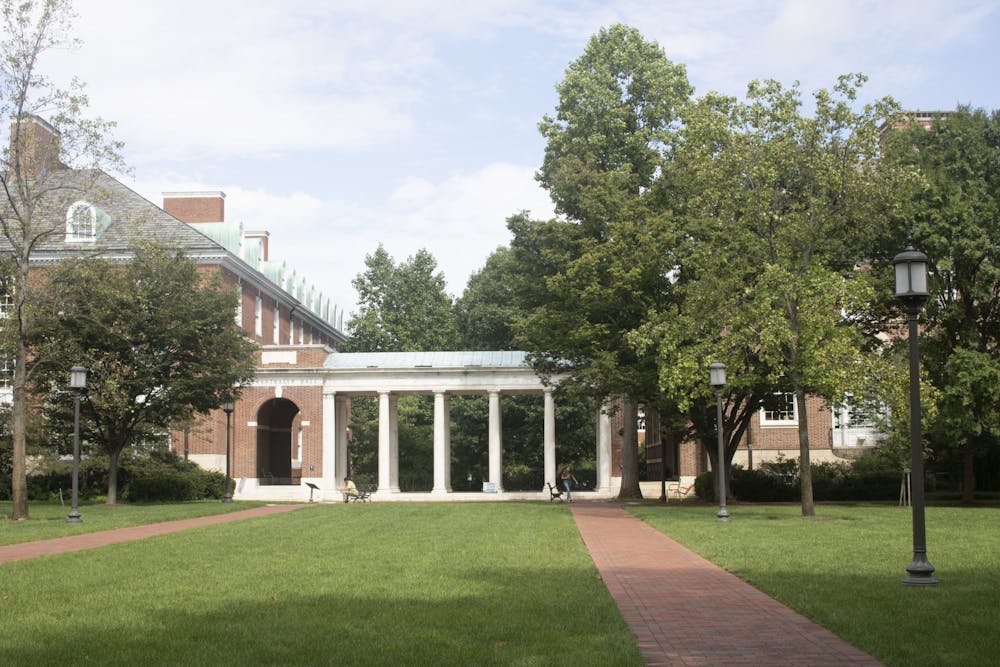Executive Vice Provost for Academic Affairs Stephen Gange and Chief Risk and Compliance Officer Jon Links hosted a virtual town hall discussing the University’s plan for the fall semester on Friday May 15. At the event, Gange and Links laid out a three-phased reopening plan and answered questions from the public.
In an email to The News-Letter, Gange and Links expressed their gratification for the large event turnout and audience participation. They emphasized that these town halls are helpful in the administration’s planning process because they are able to work with other student bodies and faculty.
“These town halls are critical in obtaining feedback and complementary to other avenues for feedback that include: (1) direct anonymous feedback on the Hub webpage; (2) our new student advisory board that has now met twice in the last week; and (3) feedback that we will be soliciting from posting draft guidance,“ they wrote.
Links noted that the University’s reopening plan closely mimicked Maryland’s reopening plan. However, he emphasized that the University is not subject to the state’s timeline and will not reopen faster than the state or Baltimore City.
Unlike Maryland’s plan, the University’s Phase 2 will be split into Phase 2A and Phase 2B.
Phase 2A will continue to rely on social distancing and widespread masking to contain the spread of COVID-19. Phase 2B will integrate testing, contact tracing and isolated quarantine. These measures will allow the return of a higher population density on campus.
Links explained in the town hall that, while Hopkins researchers are making progress on testing and tracing, the volume of tests needed may not be available in time for the next semester.
“[In Phase 2B], something like four to five thousand tests a day [are administered] just on the Homewood campus, so that everybody gets tested two or three times a week,” he said.
According to Links, when people begin returning to campus in Phase 1, testing will be used only for medical management purposes. Additionally, the University plans to run its own testing. Hopkins faculty, staff and students will not have to seek out testing resources in Baltimore City.
Links stated that the Hopkins is considering supplementing social distancing and mask-wearing with temperature screening and symptom checklists.
Gange addressed audience questions regarding this use of technology in contact tracing. According to Gange, the University has brought together a committee to evaluate various testing options and to seek guidance regarding the ethics of testing-related apps and technology.
Regarding the nine University campuses, Links explained that the operation conditions between campuses located in different cities may differ, but the operation conditions between campuses located within Baltimore most likely would not.
Links and Grange emphasized that details regarding the University’s plan are not available at the moment, and the details of the Three-Phase plan are also subject to change.
Grange also gave an overview of the various University Workgroups and Crosscutting Workgroups. One of the Crosscutting Workgroups is the newly selected Student Advisory Committee. Grange praised the quality of the questions and concerns posed by the student group during their first meeting last May 14.
Links and Gange reaffirmed the University’s commitment to prioritizing at-risk groups — including older faculty and staff, those with existing preconditions and international students, who may be unable to return to the U.S. due to visa restrictions.
“We do not want folks returning to campus before there’s a reason for them to be on campus,” Links said.





